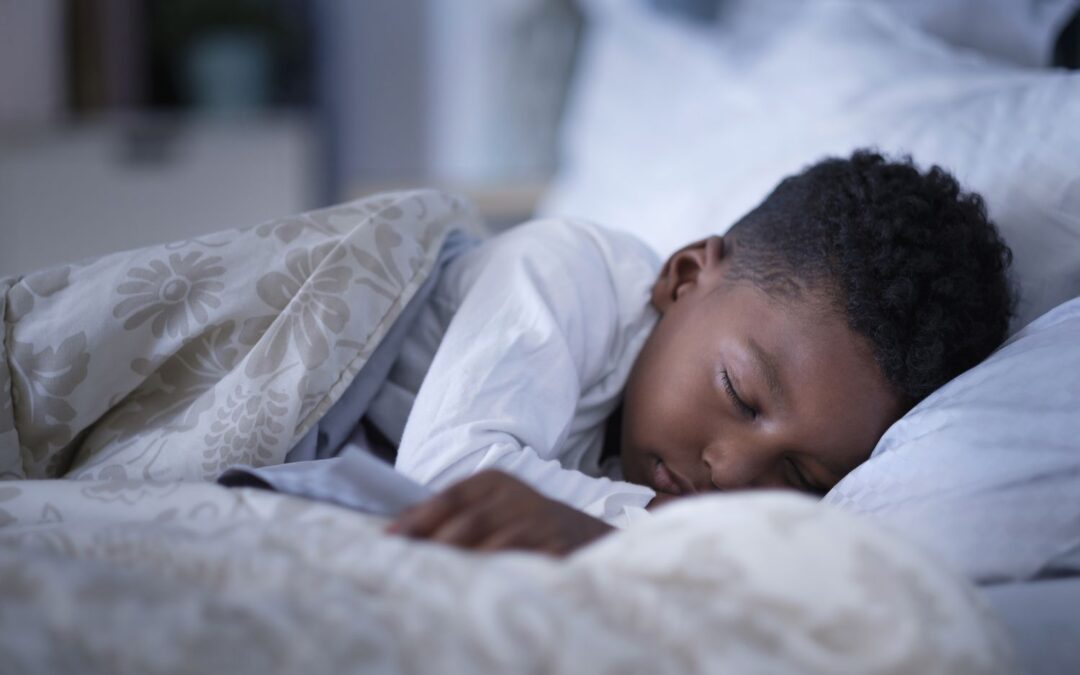Start Early and Make Small Adjustments
Although every child is different, most children’s bodies need time to adjust to any new routine. This is especially true when it comes to a child’s bedtime routine. If at all possible, start changing the routine early. If you give your child as much time as possible to adjust, the change becomes much easier than if you make a sudden change.
Furthermore, try to make small, gradual adjustments. Instead of starting the routine an hour earlier than the usual time, adjust the routine by ten minutes. These small adjustments will cause less disruption for your child, which will make things much easier. Once your child has become used to one small adjustment, you can gradually make more adjustments until your child is going to bed an hour or so earlier.
Don’t Forget about Naptime
While you’re making small adjustments to the bedtime routine, don’t forget to adjust your child’s naptime, too. If your child is used to having four hours in between their naptime and their bedtime, it’ll be tough to have only three. Adjust your child’s naptime by the same increments that you’re using for bedtime. Even if your child has a “quiet time” or “rest time” instead of nap time, it’s a good idea to adjust that, too.
Playtime Matters
Playtime, especially outdoor play, can make a big difference with your child’s bedtime routine. Try to help your child get as much outdoor play and exercise as possible. The more active play your child has, the better your child will sleep at night. That said, avoid rowdiness before bedtime as much as possible. After dinner, your child should stick to quieter activities. It takes a long time for a child to wind down after feeling energetic.
Help Their Circadian Rhythm
Your body’s circadian rhythm is the cycle that tells you when to be asleep and when to be awake. When you adjust your bedtime, you adjust your circadian rhythm. The same applies for your child. One of the biggest outside influences on circadian rhythm is light. When a body takes in a lot of natural light, it gets a message that says, “It’s time to be awake!” Right after your child wakes up, help them get as much natural light as possible. Open the curtains and avoid dark colors. If the weather’s nice, you and your child might even eat breakfast outside.
You can also help this rhythm by avoiding screens at night. Phones, tablets, and TV screens all emit a kind of light that can keep your child awake. Avoid too much screen time after dinner to help your child’s bedtime routine.
Bedtime Routine
When you want bedtime routine tips, family-friendly activities, craft ideas and more parenting advice, sign up for our blog. At Rising Stride, we offer top-notch safety, play-based learning, and small class sizes so that your child will feel right at home. Ready to learn more? Schedule a tour today and find out about our Free Trial Week. For more info visit us at Rising Stride Child Care Centers.

